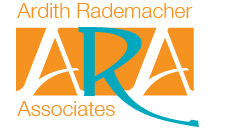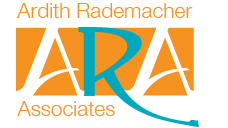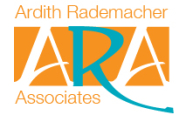Prolonged recruitment processes can create a frustrating disconnect between employers and candidates, especially in the construction industry, where skilled professionals are in high demand. When timelines are misaligned, even a qualified and enthusiastic candidate may move on to faster-moving opportunities, leaving recruiters and hiring managers scrambling to fill the gap.
Here’s a closer look at why alignment matters and how to streamline your hiring process to secure top talent.
The Cost of Prolonged Recruitment Timelines
In today’s competitive hiring landscape, candidates often juggle multiple offers. A drawn-out recruitment process sends the unintended message that the organization may not prioritize the role—or worse, the candidate. As a result, potential hires lose interest, and companies lose out on exceptional talent.
Additionally, lengthy hiring timelines may lead to:
- Higher drop-off rates: Candidates are more likely to disengage if they don’t receive timely feedback or updates.
- Decreased offer acceptance rates: Delayed offers often arrive after a candidate has committed to another opportunity.
- Increased costs: Extended recruitment cycles consume more resources, from recruiter hours to administrative overhead.
Streamlining Workflows to Match Candidate Expectations
To avoid these pitfalls, construction recruiters and employers must ensure their processes are efficient and responsive. Here are some actionable steps to help align your recruitment timeline with candidates’ decision-making windows:
- Set Clear Benchmarks
Define each stage of your recruitment process—job posting, initial screening, interviews, and offer—and establish realistic but firm deadlines for each. Communicate these timelines to all stakeholders, including candidates. - Prioritize Communication
Frequent updates help keep candidates engaged. Inform them promptly about the next steps, expected wait times, and any delays. This transparency builds trust and ensures candidates don’t feel left in the dark. - Empower Decision-Making
Train hiring managers to evaluate candidates quickly and decisively. Streamline internal discussions by limiting unnecessary rounds of approval or redundant interviews. - Leverage Technology
Applicant tracking systems (ATS) and automated scheduling tools can reduce administrative delays. Use these tools to manage workflows, send reminders, and ensure seamless communication with candidates. - Anticipate Bottlenecks
Identify common delay points in your current process, such as lengthy scheduling gaps or slow feedback loops, and create strategies to address them. For instance, pre-scheduling interview blocks for hiring managers can prevent scheduling conflicts.
Efficiency Without Compromising Quality
While speed is essential, maintaining quality in your recruitment process is equally critical. An efficient process should focus on providing candidates with a clear, professional, and engaging experience.
- Use structured interviews to assess qualifications while ensuring consistency across candidates quickly.
- Create candidate-centric experiences by highlighting company culture, growth opportunities, and clear job expectations during each interaction.
- Maintain flexibility when exceptional candidates require adjustments, such as expedited timelines or special accommodations.
By aligning your recruitment process with the decision-making timelines of today’s construction professionals, you’ll not only reduce missed opportunities but also foster stronger relationships with top talent. An efficient, candidate-focused approach ensures that both employers and candidates feel valued, setting the stage for successful placements.








